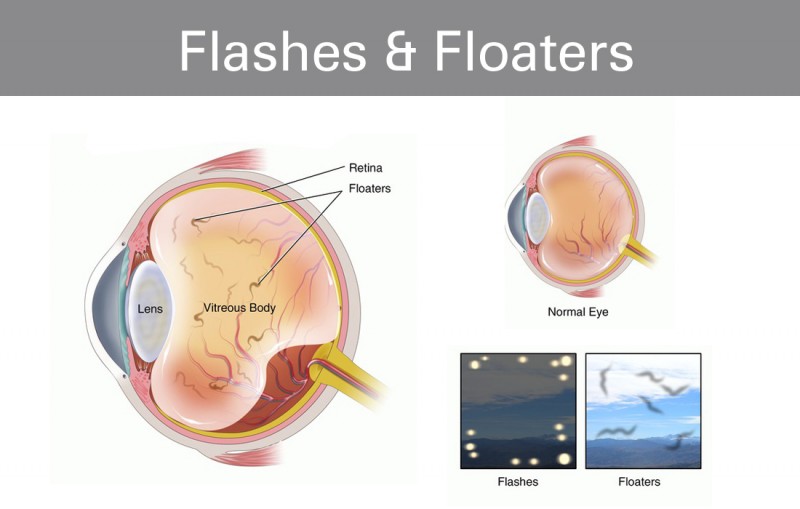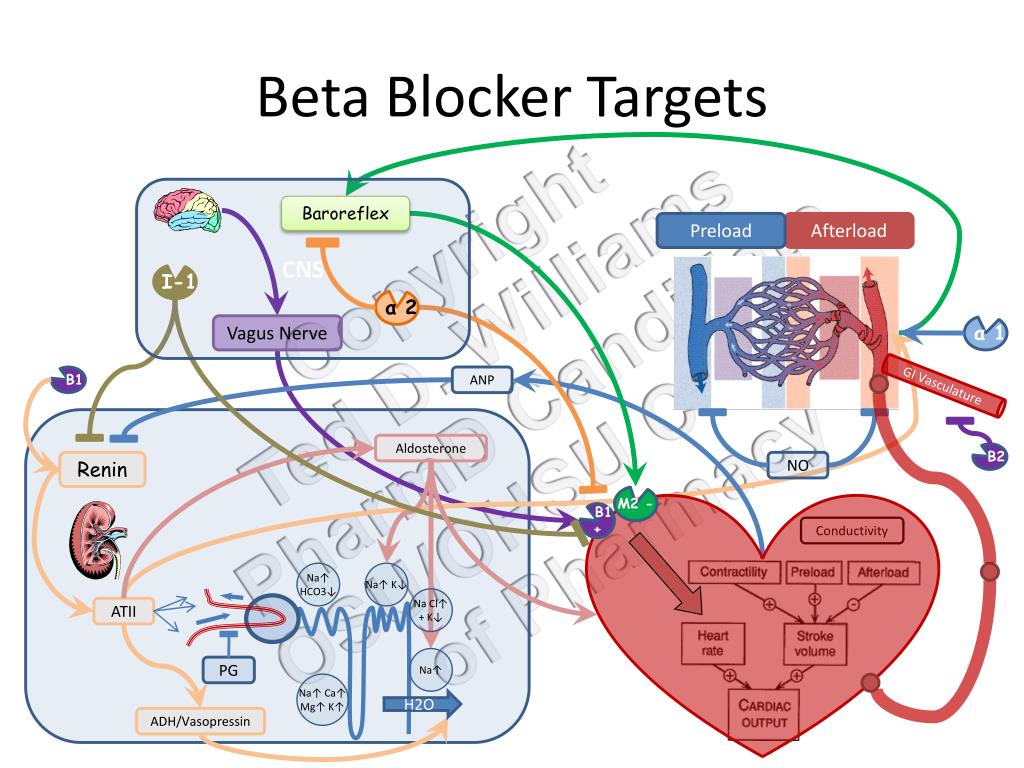How DNA-Based Diets Are Revolutionizing Personalized Nutrition

For decades, the prevailing wisdom in nutrition revolved around a one-size-fits-all approach. Calorie counting and macro tracking dominated the conversation, often neglecting the vast individual variations in our biological responses to food.
Today, the burgeoning field of nutrigenomics is turning this concept on its head. By analyzing an individual's unique genetic makeup, scientists can now tailor dietary recommendations with unprecedented precision, ushering in an era of truly personalized nutrition.
Deciphering the Genetic Code for Optimal Nutrition
Nutrigenomics explores the intricate interplay between our genes, diet, and overall health. It delves into how specific nutrients interact with our genetic variations, known as single nucleotide polymorphisms (SNPs), which can influence our predisposition to certain health conditions and our body's ability to process different foods.
For example, variations in the FTO gene have been linked to body mass index (BMI) and obesity risk. Similarly, SNPs in the MTHFR gene can affect folate metabolism, potentially increasing the need for this essential nutrient.
The Science Behind DNA-Based Diets: Unlocking Personalized Insights
DNA-based diets typically involve a simple saliva test to analyze relevant genetic markers. These tests examine SNPs associated with various aspects of nutrition, including:
- Nutrient Metabolism: Identifying variations that affect vitamin absorption, fat processing, and carbohydrate utilization.
- Food Sensitivities: Detecting predispositions to lactose intolerance, gluten sensitivity, and other food intolerances.
- Health Risks: Assessing genetic susceptibility to conditions like type 2 diabetes, heart disease, and certain cancers.
- Weight Management: Understanding genetic factors influencing appetite regulation, metabolism, and fat storage.
These genetic insights are then used to develop personalized dietary recommendations that align with an individual's unique genetic profile, aiming to optimize health and well-being.
The Promise of DNA-Based Diets: Data and Evidence
While nutrigenomics is a relatively new field, a growing body of research supports the potential benefits of DNA-based diets. A 2015 study published in the Journal of the American Medical Association found that personalized nutrition advice based on genetic information led to healthier dietary changes compared to standard dietary recommendations.
Furthermore, a 2020 study in the journal Nutrients demonstrated that a DNA-based weight loss program resulted in significant reductions in body weight, BMI, and waist circumference compared to a standard calorie-restricted diet.
These findings suggest that incorporating genetic information into dietary interventions can empower individuals to make more informed and effective food choices.
Navigating the Landscape: Choosing a DNA-Based Nutrition Plan
As the demand for personalized nutrition grows, so too does the number of companies offering DNA-based diet plans. When selecting a provider, it's essential to consider factors such as:
- Scientific Rigor: Opt for companies that utilize reputable genetic testing labs and base their recommendations on robust scientific evidence.
- Privacy and Security: Ensure the provider has strong data privacy and security measures in place to protect your genetic information.
- Professional Guidance: Look for plans that offer access to registered dietitians or nutritionists who can provide personalized support and interpretation of results.
Beyond the Genes: The Importance of a Holistic Approach
While DNA-based diets hold immense promise, it's crucial to remember that genes are not destiny. Environmental factors, lifestyle choices, and personal preferences also play a significant role in shaping our overall health.
Therefore, it's essential to approach DNA-based nutrition as part of a holistic wellness strategy that encompasses regular physical activity, stress management, adequate sleep, and other healthy habits.
The Future of Nutrition: Embracing Personalized Wellness
As our understanding of the human genome continues to expand, so too will the potential of nutrigenomics. In the future, DNA-based diets may become increasingly sophisticated, incorporating factors such as the gut microbiome, epigenetic influences, and real-time biometric data.
Ultimately, the goal of personalized nutrition is to empower individuals to make sustainable lifestyle changes that optimize their health and well-being. By embracing the power of nutrigenomics, we are moving towards a future where diet is no longer a guessing game, but rather a precise and personalized roadmap to a healthier life.















Comments ()